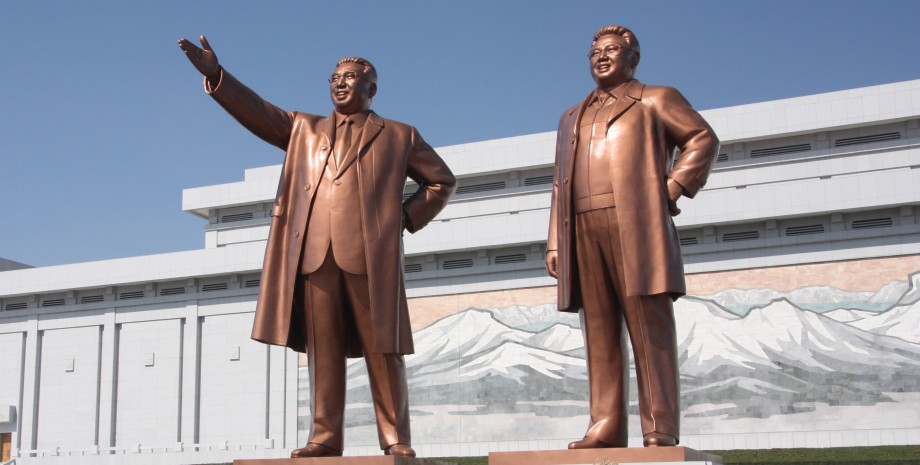
Krasnov and Kim reportedly discussed the Prosecutor General's Office of Russia and North Korea. They have already supported the dialogue since 2010 with a separate cooperation agreement. But the new agreement will probably be much more focused on coverage, reflecting the activation of Russian-noctual Korean cooperation over the last year. ISW analysts emphasize that the DPRK and Russia will regularly exchange legislative acts.
And the Russian Federation "is ready to share its own experience in the development of case law with North Korea, as well as to study North Korean jurisprudence, especially in the fields of communication and information technologies. " ISW has previously reported that both countries have expanded military, political, diplomatic and economic cooperation over the last year. But special attention deserves a clear desire to agree on the judicial and prosecutorial orders of Danny.
The Institute of War Study noted that the Prosecutor General's Office of Russia uses administrative laws as weapons to strengthen the control of the judicial system over Russian society, and recent foreign contacts of Krasnov (in particular, with officials of Iraq and Central African republic) are likely to be partly partially aimed at sharing.
Such judicial control and tactics of law enforcement agencies with friendly states in exchange for the expansion of its own arsenal of methods of internal control of Russia. Russia's interest in North Korean judicial experience in communications and information technologies is likely to reflect the Kremlin's desire to consolidate control over Russian information space, including through platforms in exchange of messages and virtual private networks (VPN).










All rights reserved IN-Ukraine.info - 2022